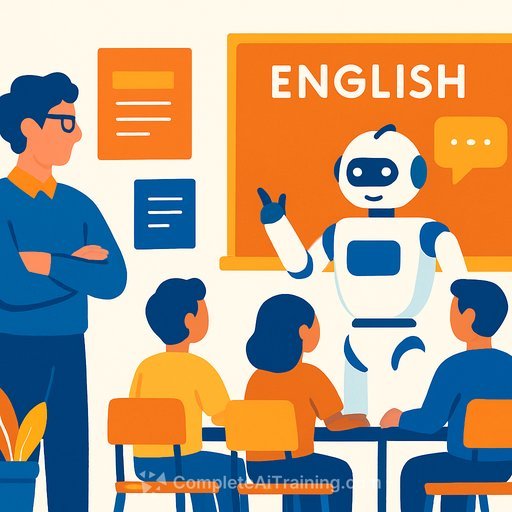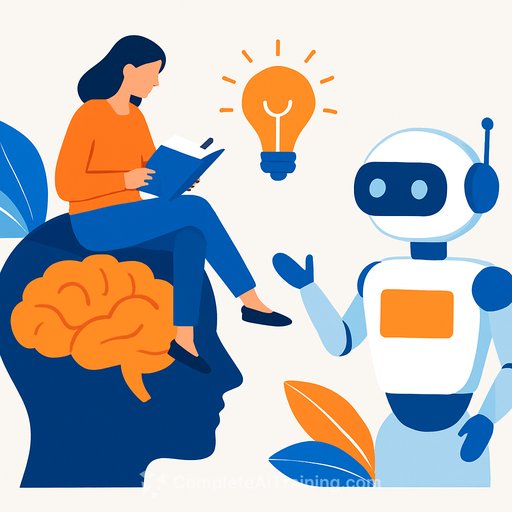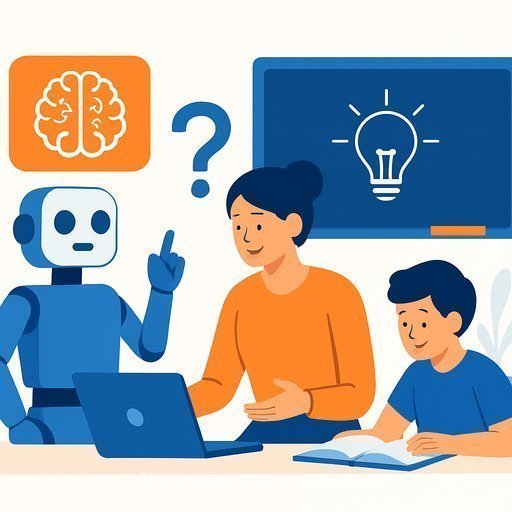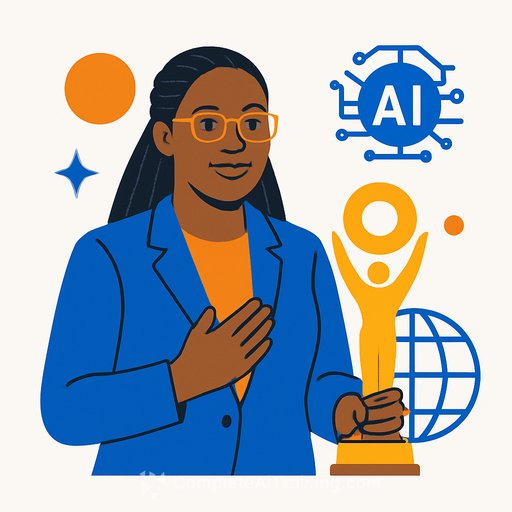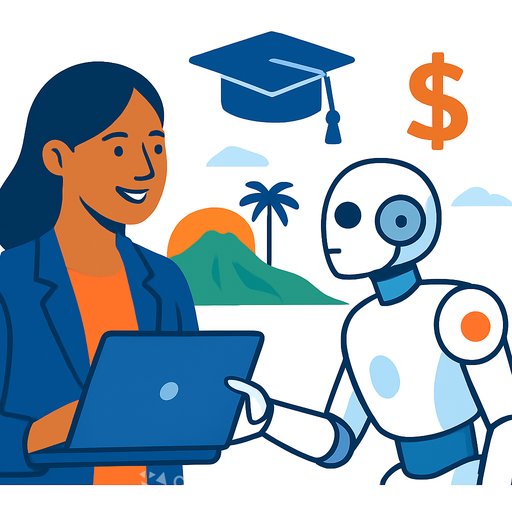ChatGPT Enters Greek Classrooms: "AI in Schools" Pilot Launches This December in Greece
Greece will be among the first EU countries to formally bring AI into secondary education. The Ministry of Education is launching "AI in Schools," introducing ChatGPT Edu in 20 middle and high schools. Teachers get access in December 2025; students will start in March 2026. The rollout is structured and cautious, with evaluation built in.
What ChatGPT Edu Brings to Schools
ChatGPT Edu is a secure, ad-free, closed platform built for schools. It includes account controls for age groups, admin management, and the option for educators to create Custom GPTs for lesson planning and classroom use. It complies with GDPR, uses encryption, and does not use classroom interactions to train models. The pilot is delivered with OpenAI and funded by the Onassis Foundation (learn more).
Who's Participating
The pilot starts in 20 schools: 14 model and experimental public schools, plus 6 high schools in the Onassis public schools network launched in September. The goal is to give teachers and students practical ways to use AI responsibly, creatively, and with sound pedagogy. If outcomes are positive, expansion is on the table.
"AI as an Ally, Not a Substitute"
Minister of Education Sofia Zacharaki called the move "an important step for the school of the future." "With the 'AI in Schools' pilot, we're introducing generative AI as an ally in education, not a substitute for teaching," she said. The focus: responsibility, creativity, critical thinking, and a safe environment built on transparency and trust.
Implementation Timeline: 3 + 1 Phases
- Teacher Training (Oct-Nov 2025): Selected educators receive training in use and ethics for classroom and administrative tasks.
- First Classroom Use by Teachers (Dec 2025-Feb 2026): Educators apply the tool in lessons with real-time guidance and classroom scenarios.
- Student Introduction (Mar-Jun 2026): Students use ChatGPT Edu under teacher supervision for assignments, research, and group projects.
- Full Use (2026-2027): After evaluation, the platform integrates into daily curriculum for teachers and students.
Training and onboarding are led by The Tipping Point in Education, a Greek nonprofit focused on digital learning transformation.
Data Protection and Ethics
The Ministry puts safeguards upfront:
- No student or teacher data is used to train AI models.
- GDPR compliance, with a Data Protection Impact Assessment underway.
- A designated Data Protection Officer oversees the program.
- Contracts with OpenAI prohibit sharing or reselling data.
- Participation is voluntary, with open calls and formal consent.
For context on GDPR standards, see the European Commission's overview (official guidance).
What This Means for Educators
This pilot treats AI as a practical assistant, not a replacement for teaching. Expect support for lesson planning, research scaffolds, formative feedback, and structured prompts that guide student thinking. Custom GPTs let departments align tools with curriculum goals and classroom routines.
- Pick 2-3 starter use cases: lesson outlines, rubric-aligned feedback, or source analysis prompts.
- Set classroom norms: citation rules, permitted uses, and when AI is off-limits.
- Build Custom GPTs for recurring tasks: vocabulary practice, lab report checklists, or primary-source questioning.
- Plan assessment integrity: AI use statements, draft checkpoints, and oral defenses where needed.
- Coordinate with your DPO and leadership on consent, data handling, and parent communication.
- Collect evidence: student work samples, time saved, and learning outcomes to inform the evaluation.
Governance and Next Steps
An AI task force within the Ministry will track results and advise on scaling. The aim is to equip educators to set ethical, pedagogical boundaries-and give students a safe, intelligent way to engage with AI. "Education is not a bystander in the AI era-it is a protagonist," said Minister Zacharaki. "AI is an opportunity for every child to learn, to create, and to thrive."
Helpful Resources
- Practical ChatGPT resources for educators (Complete AI Training)
- EU GDPR: Data protection rules (European Commission)
Source: APE-MPE
Your membership also unlocks:

